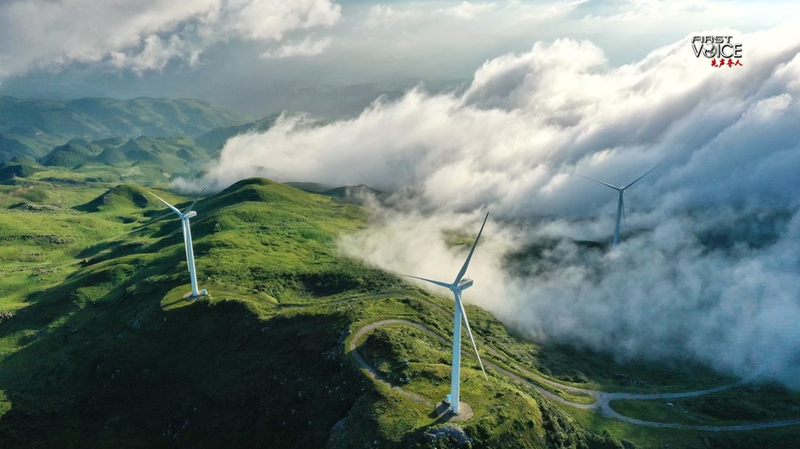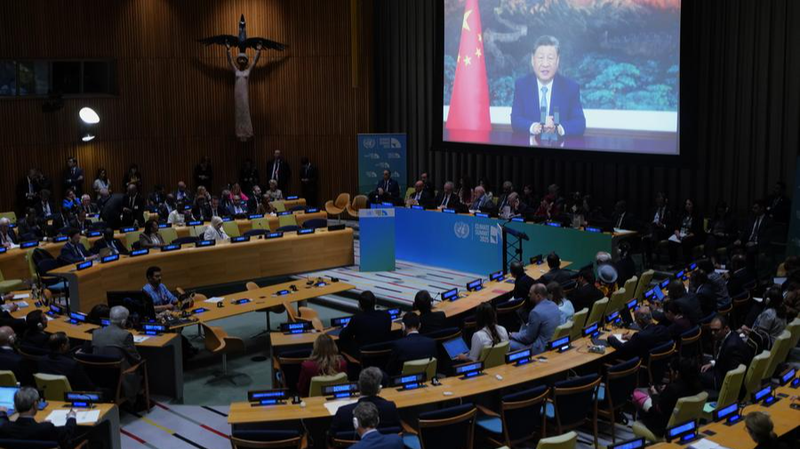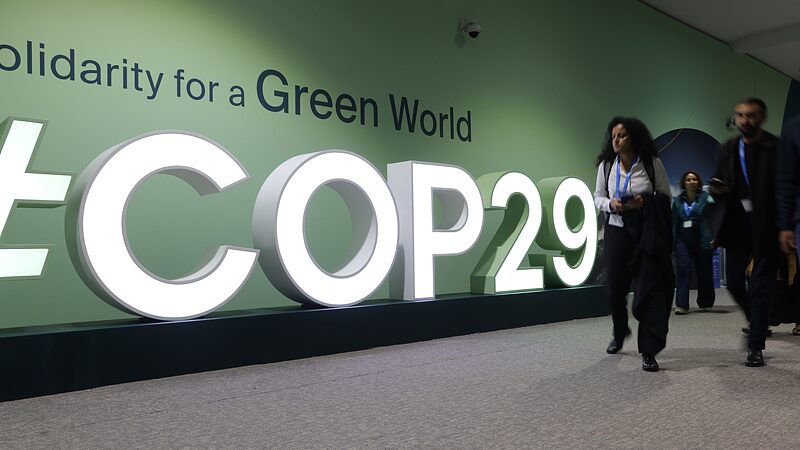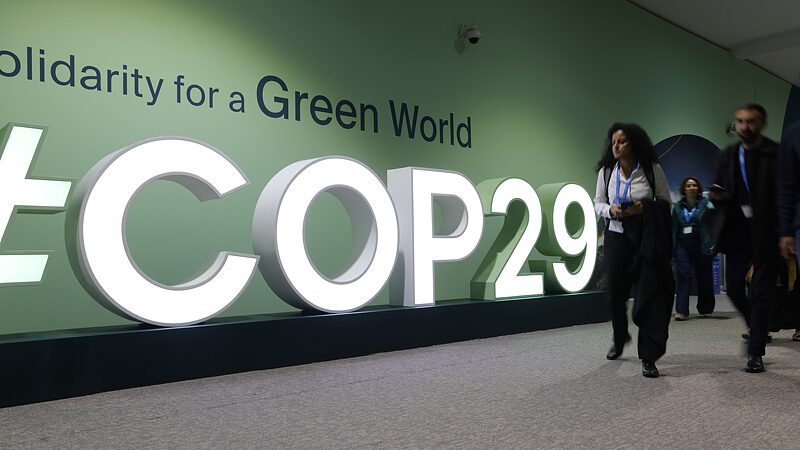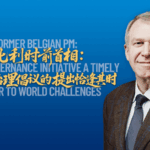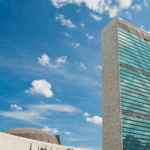As the world commemorates the 10th anniversary of the Paris Agreement, Chinese President Xi Jinping called for strengthened international cooperation during his video address at the United Nations Climate Summit on Thursday. Emphasizing that global climate governance has reached a critical juncture, Xi outlined China’s latest commitments to accelerate low-carbon transitions and foster climate resilience.
Against a backdrop of geopolitical tensions and fragmented multilateral efforts, Xi highlighted the urgency of collective action. “Global governance faces profound challenges,” he noted, pointing to rising protectionism and delayed climate funding from some nations. China’s Global Governance Initiative (GGI), proposed to reform international systems, seeks to address these gaps through inclusive frameworks prioritizing shared responsibilities.
New measures announced by China include expanding its National Carbon Emissions Trading Market to cover high-emission industries, promoting new energy vehicles as the mainstream choice for consumers, and establishing a climate-adaptive society by 2035. These steps align with the country’s nationally determined contributions (NDCs) under the Paris Agreement.
Recent data submitted to the UN reveals China’s progress: forest coverage now exceeds 25%, with carbon sequestration capacity surpassing 1.2 billion tons of CO2 annually—the highest globally. Analysts view these efforts as pivotal in balancing economic growth with ecological preservation, particularly as developing nations seek sustainable models.
Experts argue that China’s approach, combining policy innovation with large-scale green investments, could recalibrate climate diplomacy. With transnational challenges like inequality and health crises compounding climate risks, Xi’s call for ‘confidence, responsibility, and cooperation’ underscores the need for renewed multilateralism in an era of turbulence.
Reference(s):
cgtn.com
